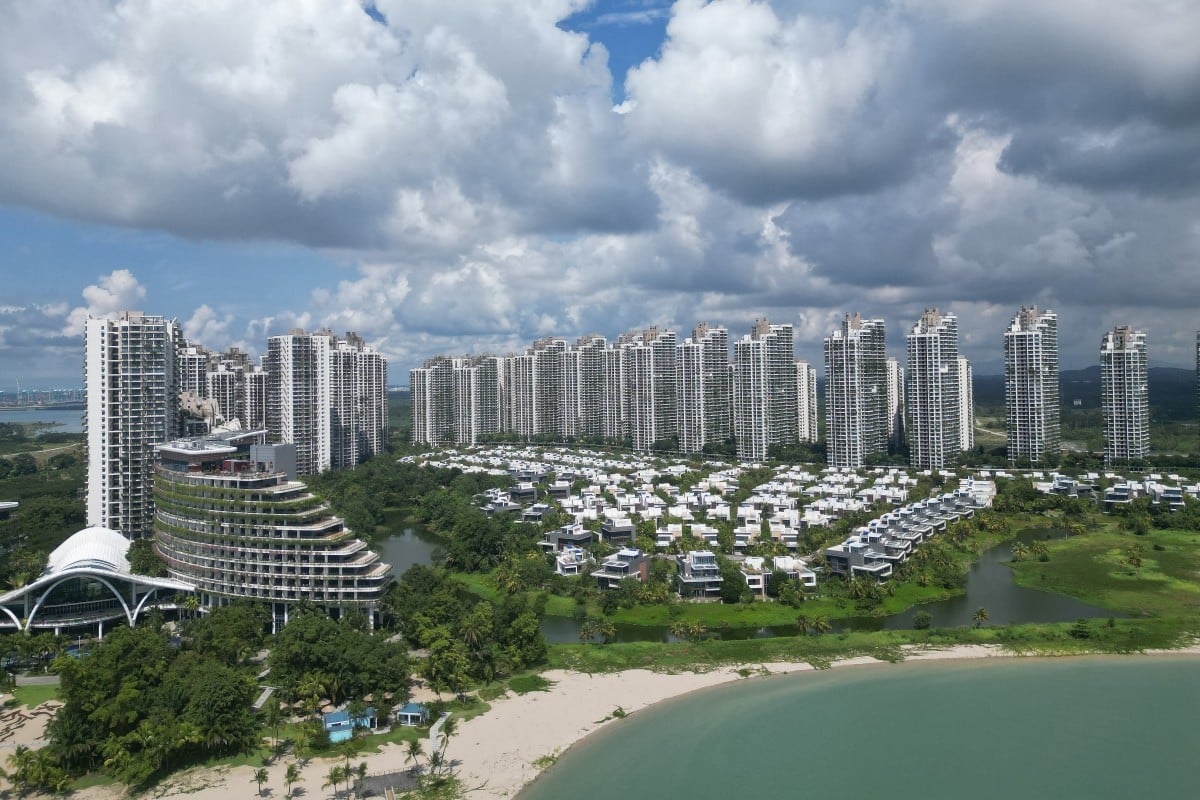Businesses in Johor are reporting a boom driven by new data centres pivoting from being based in Singapore, industry insiders say, as Kuala Lumpur looks to banish long delays in developing the Malaysian border territory.
Johor ranked 2024’s fastest-growing data centre market in Southeast Asia, according to UK-based data centre market intelligence firm DC Byte, benefiting from Singapore’s moratorium on new data centres imposed five years ago as the city state grappled with heavy energy and water demands.
This includes investments by Singapore-based conglomerates such as the Princeton Digital Group, which is seeking to expand its data centre footprint across Johor to the north and Indonesia’s Batam island to its south.
As demand for data centres – which are vital repositories for cloud computing and increasingly artificial intelligence – surges, Malaysian companies across the supply chain have also pivoted their businesses.
“We are having a problem meeting demand,” said Nicholas Boey Kok Cheng of Johor-based logistics firm Professional Packers & Movers.
His firm quit the residential packing and moving business to specialise in data centre logistics in 2022, filling out a niche but lucrative sector.
“Currently we have been serving just one client, and work has just been ongoing … [data centre demand] is very big now in JB, and we have been getting a lot more enquiries from other firms,” Boey said.
The state currently hosts 22 data centres, as its abundant land, cheap water and energy helped build the industry from almost nothing in 2019. Dozens more data centres are in the pipeline over the next couple of years.
Malaysia’s Prime Minister Anwar Ibrahim in September said the country was pushing hard to ramp up its renewable energy transition to meet growing power demands from data centres and the highly anticipated Johor-Singapore Special Economic Zone (JS-SEZ).
Data centre investments in Johor had helped the country’s economic growth “beat expectations” over the first half of the year, he said.
But critics warn of the high environmental costs that data centres pose for Malaysia, which offers cheap land and resources and favourable incentives that have spurred demand.
“Data centres guzzle vast amounts of electricity to power servers and cooling systems, and if left unchecked, it can strain the local power grid,” local environment advocacy group Sahabat Alam Malaysia said in a statement in August.
The surge in data centre business in Johor is just one example of the sort of spillover Malaysia hopes to reap from the JS-SEZ.
The two countries are expected to formalize the cooperation deal at their annual leaders’ retreat set for December, offering easy access for Singaporean and multinational firms to land and resources for expansion across the causeway while boosting capital flows into Johor.
Demand for homes
The expected economic boom has already caused a spike in demand for Johor’s property market.
The state saw nearly 48,900 property transactions worth 28.8 billion ringgit (US$6.7 billion) over the first half of the year, up 5.3 per cent over the same period in 2023, according to data from the National Property Information Centre.
Malaysia’s southern region, which includes Johor, accounted for nearly one quarter of the country’s total market transactions over the January-June period.
“Most of that growth is a result of expectations for the new special economic zone and the new RTS link,” said Kashif Ansari, co-founder and group CEO of global real estate advisory Juwai IQI, referring to the rail corridor.
“The special economic zone gives a further boost to the market by holding out the promise of more rapid economic and jobs growth in the near future,” Kashif said, adding that he expects Johor property transaction values to grow by between 5 per cent and 7 per cent this year.
More demand means more business for local contractors.
There has been steady demand for labourers in Johor’s construction sector, as developers rush to prepare for the expected influx of businesses and workers that will come once the JS-SEZ is online, said Joseph Cheng of manpower supply firm Agensi Pekerjaan TSM.
“You have to queue to buy a house, especially around Johor Bahru,” he said.

